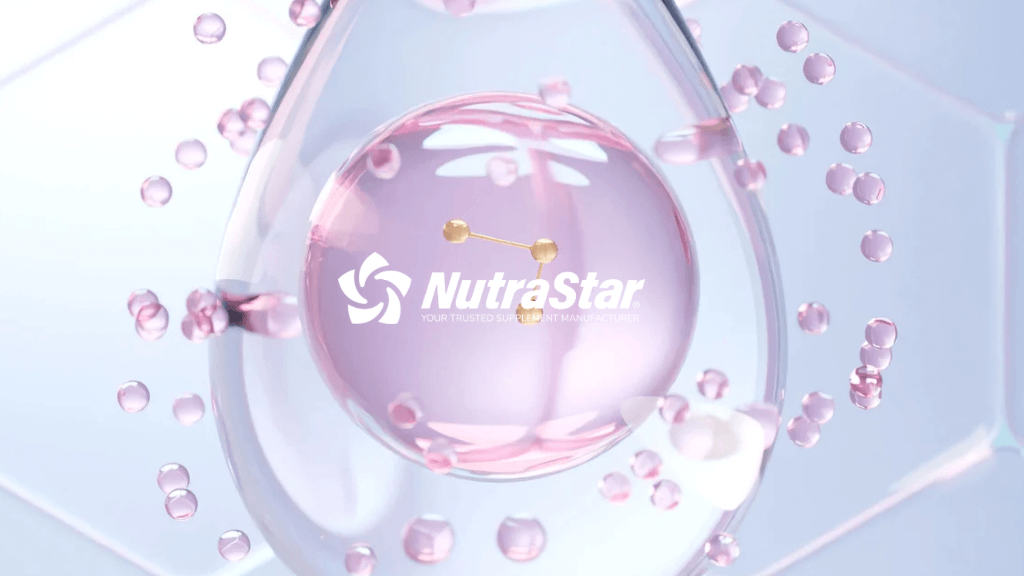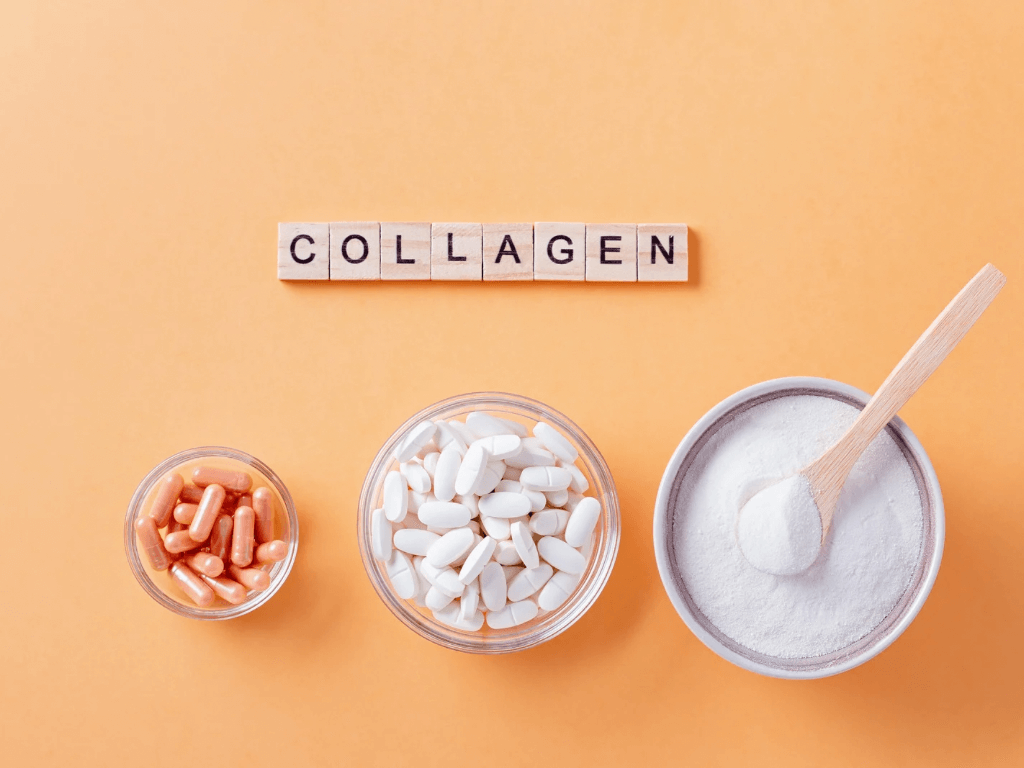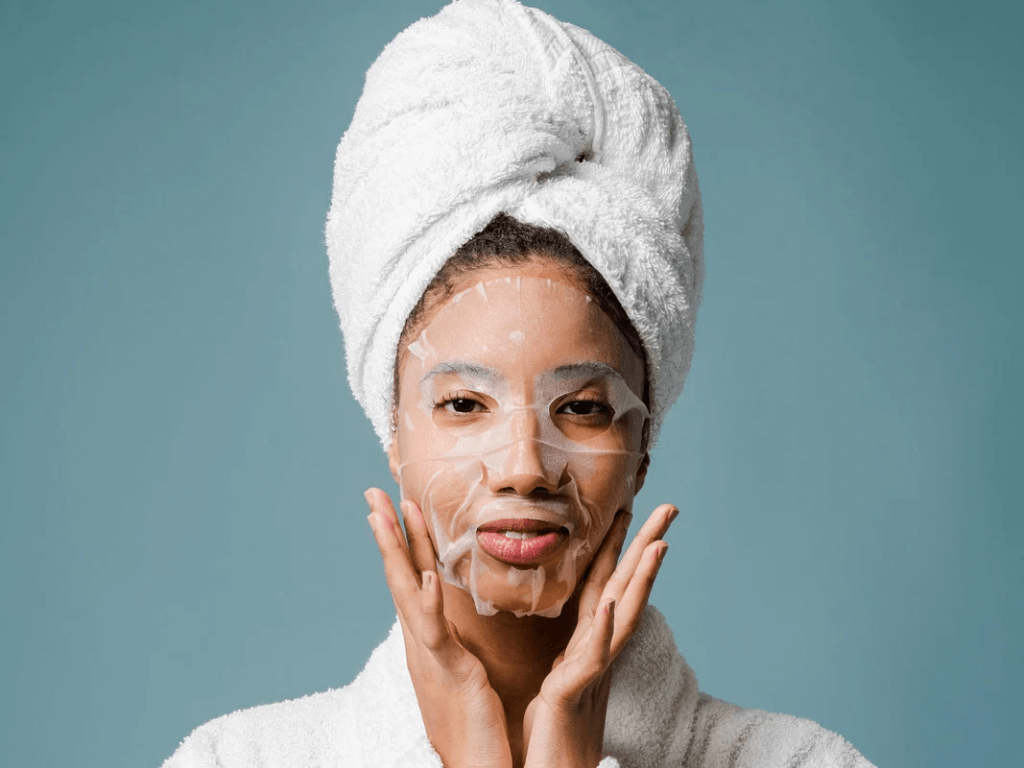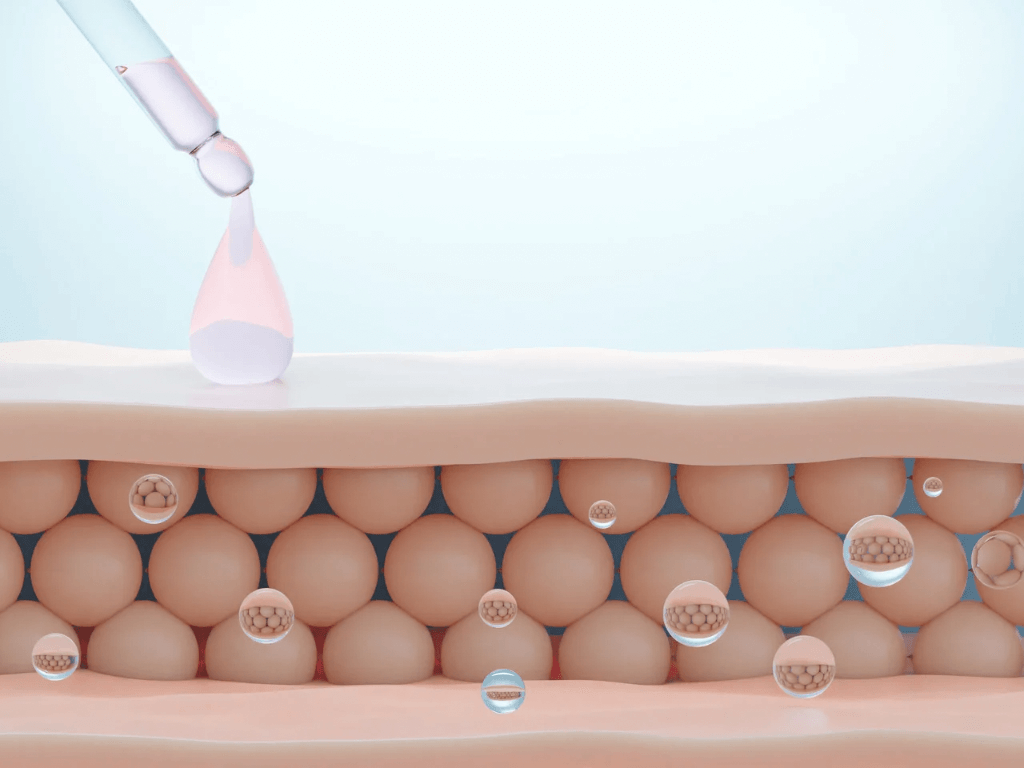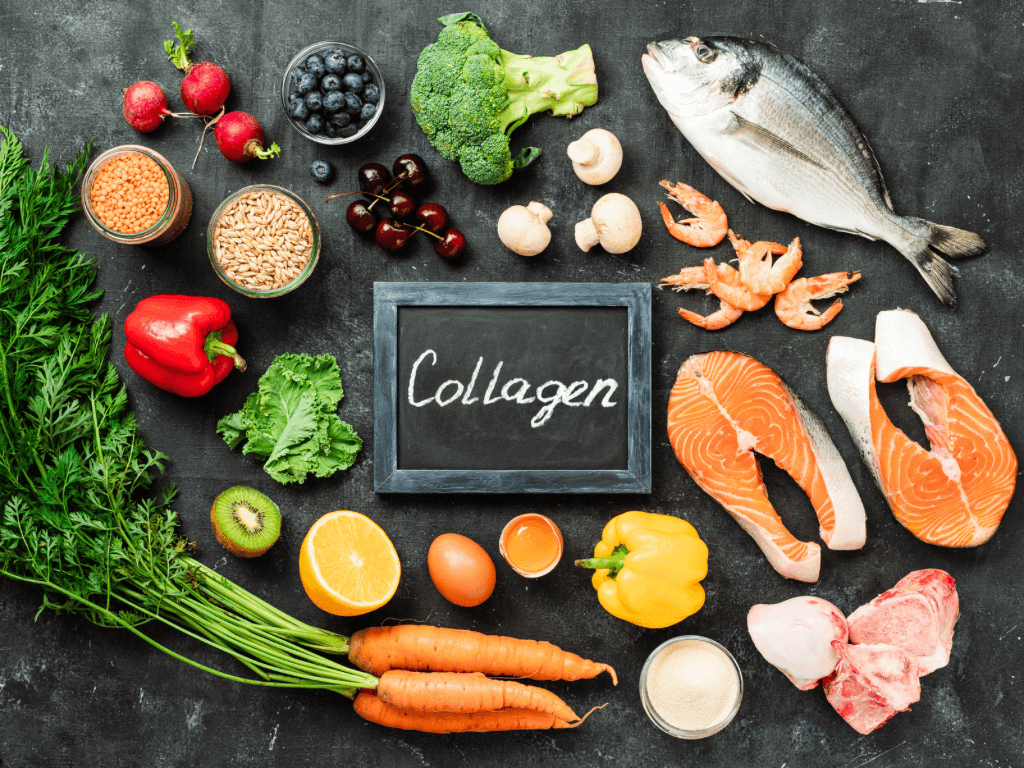Glows from Within: The Science Behind Collagen Supplements
Exploring the efficacy of collagen and its impact on skin, hair, and nails.
The Rise of Beauty-from-Within
In recent years, the concept of “beauty-from-within” has transformed from a niche trend to a mainstream movement. Consumers are increasingly seeking holistic approaches to beauty, focusing not just on topical treatments but also on internal nourishment. At the forefront of this movement is collagen—a protein that plays a pivotal role in maintaining the health and vitality of our skin, hair, and nails.
As the wellness industry continues to evolve, understanding the science behind collagen supplementation becomes essential for both consumers and nutraceutical professionals. This article delves into the structure and function of collagen, examines the scientific evidence supporting its benefits, and explores how to effectively incorporate collagen into daily routines.
Understanding Collagen: The Body’s Structural Protein
Collagen is the most abundant protein in the human body, accounting for approximately 30% of total protein content. It serves as a primary structural component in various connective tissues, including skin, tendons, ligaments, and bones. Collagen’s unique triple-helix structure provides strength and elasticity, essential for maintaining the integrity of these tissues.
There are at least 28 types of collagen, but the most common and relevant to skin, hair, and nails are:
- Type I: Found in skin, tendons, bones, and ligaments; provides tensile strength.
- Type II: Predominantly in cartilage; supports joint health.
- Type III: Present in skin, muscles, and blood vessels; contributes to elasticity and firmness.
As we age, collagen production naturally declines, leading to signs of aging such as wrinkles, sagging skin, brittle nails, and thinning hair. Factors like UV exposure, smoking, and poor nutrition can accelerate this decline.
Collagen Supplements: Forms and Sources
Collagen supplements are designed to replenish the body’s collagen levels and support the health of skin, hair, and nails. They come in various forms, including:
- Hydrolyzed Collagen (Collagen Peptides): Collagen that has been broken down into smaller peptides for easier absorption.
- Gelatin: Partially hydrolyzed collagen, often used in cooking.
- Undenatured Collagen: Maintains its original structure; primarily used for joint health.
Common sources of collagen in supplements include:
- Bovine (Cow): Rich in Type I and III collagen; supports skin and bone health.
- Marine (Fish): High in Type I collagen; noted for superior bioavailability due to smaller peptide size.
- Porcine (Pig): Contains Type I and III collagen; similar benefits to bovine collagen.
Marine collagen, in particular, has gained popularity for its high absorption rate and effectiveness in promoting skin health.
Scientific Evidence: Collagen’s Impact on Skin, Hair, and Nails
Skin Health
Numerous studies have investigated the effects of collagen supplementation on skin health. A systematic review of randomized controlled trials found that oral collagen supplements can improve skin elasticity, hydration, and dermal collagen density.
Another study demonstrated that daily supplementation with collagen peptides significantly increased skin moisture and reduced wrinkles compared to a placebo group.We built NutraStar on this type of partnership model. We’ve seen firsthand how deep collaboration transforms product lines, energizes teams, and creates brands that thrive.
Hair and Nail Health
While research on collagen’s effects on hair and nails is less extensive, some studies suggest positive outcomes. For instance, a study found that daily ingestion of specific bioactive collagen peptides improved nail growth and reduced symptoms of brittle nails.
Additionally, anecdotal evidence and preliminary studies indicate that collagen supplementation may support hair thickness and strength, although more rigorous research is needed in this area.
Mechanisms of Action: How Collagen Supplements Work
When consumed, collagen supplements are broken down into amino acids and peptides, which are then absorbed into the bloodstream. These components can stimulate fibroblasts in the skin to produce more collagen, elastin, and hyaluronic acid, leading to improved skin structure and hydration.
Furthermore, the amino acids provided by collagen supplements—particularly glycine, proline, and hydroxyproline—are essential building blocks for the body’s natural collagen synthesis.If the answers are unclear or don’t align with your growth strategy, it may be time to rethink the partnership.
Optimizing Collagen Supplementation
To maximize the benefits of collagen supplements, consider the following:
- Dosage: Studies suggest that a daily intake of 2.5 to 10 grams of collagen peptides is effective for skin health.
- Timing: Collagen can be taken at any time of day, with or without food.
- Synergistic Nutrients: Vitamin C is crucial for collagen synthesis; combining collagen supplements with vitamin C-rich foods or supplements may enhance efficacy.
- Consistency: Regular, long-term use (at least 8–12 weeks) is recommended to observe noticeable improvements.
Choosing the Right Collagen Supplement
To maximize the benefits of collagen supplements, consider the following:
- Source: Choose a source that aligns with dietary preferences and potential allergies (e.g., marine collagen for pescatarians).
- Form: Collagen peptides are generally more bioavailable than other forms.
- Additional Ingredients: Some supplements include complementary ingredients like hyaluronic acid, biotin, or vitamins C and E for added benefits.
- Quality Assurance: Look for products that have been third-party tested for purity and potency.
Potential Considerations and Side Effects
Collagen supplements are generally considered safe for most individuals. However, some people may experience mild side effects such as digestive discomfort. Additionally, those with allergies to specific collagen sources (e.g., fish or bovine) should exercise caution.
It’s also important to note that while collagen supplements can support skin, hair, and nail health, they should complement—not replace—a balanced diet and healthy lifestyle.
Embracing Beauty-from-Within
The growing body of research supports the efficacy of collagen supplements in enhancing skin elasticity, hydration, and overall appearance. While more studies are needed to fully understand their impact on hair and nail health, the existing evidence is promising.
For consumers seeking to support their beauty and wellness from within, incorporating a high-quality collagen supplement into their daily routine can be a valuable addition. As always, it’s advisable to consult with a healthcare professional before starting any new supplement regimen.
Note: This article is for informational purposes only and does not constitute medical advice. Always consult with a healthcare professional before starting any new supplement regimen
